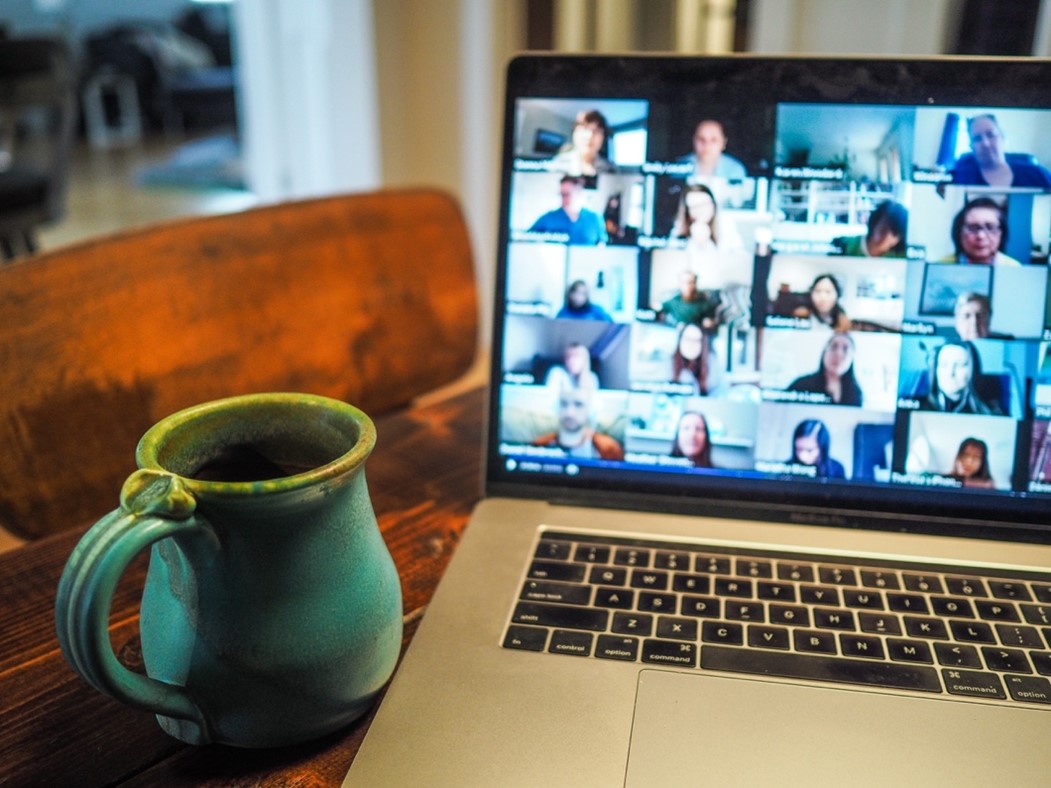
Thinking about Trying Therapy for the First Time? Here’s What to Expect
Amelia Elkins, LCSW, CAS Why Go to Therapy? Slowly but surely, going to therapy is starting to become more normalized. Everyone knows someone who has sought out support for reasons ranging from anxiety and depression to relationship struggles. There are a variety of reasons to seek out support and things don’t need to be an utter disaster to seek out counseling. Many begin going to therapy for life transitions, feeling stuck, or even wanting to develop better life goals or practices. Interested in reasons to attend therapy? More on that here. Finding a Therapist Can Be Overwhelming Finding a therapist can be a daunting job. Utilizing resources such as psychology today, social media, and google or yelp can be a great place to start. Some therapists accept insurance and some are private pay which is a factor to consider. I recommend folks who’ve never been to therapy to meet with at least three therapists to compare and see what feels like the best fit. After all, you may be spending a good amount of time with this person so you want to feel mutual trust, respect, and confidence in their skillset, training, and professionalism. At Thrive Counseling Denver, we value professionalism, continual training, and goal-oriented treatment. Sessions are always 50 minutes, we have a 24-hour cancellation policy, and you’ll get a text reminder 48 hours in advance. Here’s what a first session with us looks like. What to Expect >Step One: Woohoo you’re scheduled! At this time, you’ll receive a virtual intake packet which will include a disclosure statement, payment information, three mental health screenings, and an intake questionnaire. A disclosure statement includes licensing info for each therapist, reporting information, and confidentiality. The mental health screenings are a series of questions which help us as therapists to better understand what you’re struggling with. Lastly, the intake questionnaire is a list of questions exploring your symptoms, what brings you in for therapy, what you’re looking for, and your familial history. >Step Two: It’s time to attend the first session in person or via telehealth. If your first session is via telehealth, you’ll be emailed a link the day before the session, which you will click on at the time of your appointment. If you attend in person, you’re welcome to come a few minutes early to enjoy a complimentary sparkling water, Nespresso, water, or tea. We have sound machines going in the lobby to ensure confidentiality from those in session. >Step Three: Regardless of whether it is over telehealth or in person, here are some important things to know about your first session. The intake session will include reviewing the disclosure statement, processing your intake questionnaire you completed online, and establishing goals for treatment. It’s important to remember that it is completely normal to feel nervous during the first session and it’s your clinician’s job to help you feel comfortable. Our first priority is emotional safety, acceptance, and creating a space of nonjudgment. It’s also okay to come to the first session and not feel clear on your goals. Your therapist can help you get clarity and define goals for treatment. Some questions you may want to ask at the first session include: >How often do I need to attend? >Does your skillset match the goals I would like to work on? >What is the layout of an average session? >Do you provide homework or assignments outside of session? >Step Four: Time to decide which therapist feels right for you and to get started with working on your treatment plan. Therapy isn’t for everyone, but is has helped countless individuals feel not only supported and validated, but also re-energized about their life direction. More on that here. If you have any other questions, reach out to us today!


